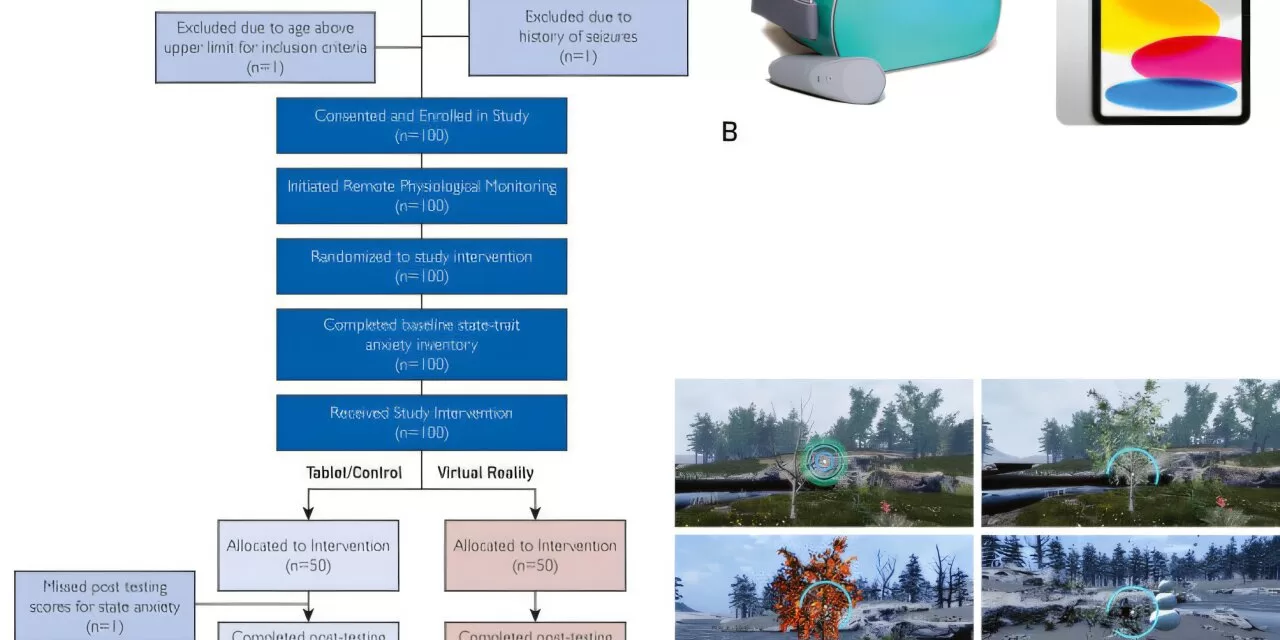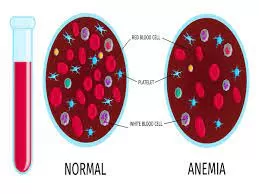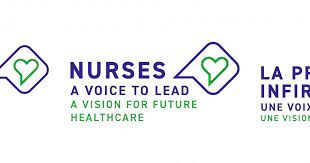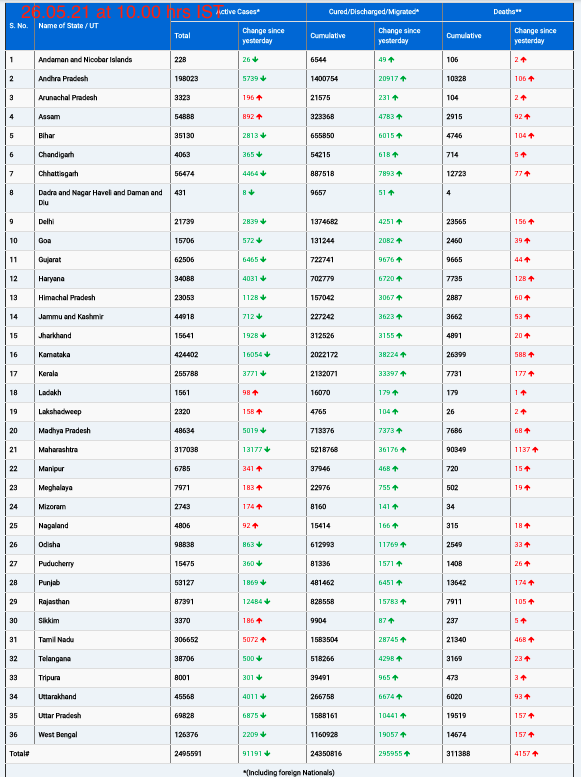Heart surgery is a serious and invasive medical procedure that can be intimidating for patients, especially those undergoing it for the first time. However, a new study published in Mayo Clinic Proceedings suggests that virtual reality (VR) can serve as an effective tool to reduce preoperative anxiety in older patients awaiting open-heart surgery.
Much of the prior research on VR has focused on younger patient populations. However, these latest findings indicate that immersive VR was both effective and well tolerated by older adults. Given the well-documented link between preoperative anxiety and negative postoperative outcomes—including increased pain, reduced activity, and higher medication use—this discovery could have significant implications for improving patient care.
“This research represents a step forward in improving the patient experience and potentially using this approach to optimize postoperative recovery,” says Jordan Miller, Ph.D., a cardiovascular disease researcher at Mayo Clinic and the study’s senior author.
Dr. Joseph Dearani and Dr. John Stulak, both cardiac surgeons at Mayo Clinic who contributed to the study, highlight the importance of emotional well-being before and after surgery. “We currently offer music and massage therapy after cardiac surgery because we know how significantly high anxiety can impact recovery. Our team is now exploring broader implementation of VR—which can be used at any time and place, inside or outside the hospital—throughout the surgical process to further assess its clinical benefits.”
Unlike traditional anti-anxiety medications, which may cause side effects such as difficulty placing a breathing tube during surgery or prolonged intubation afterward, VR presents a nonpharmacological alternative. Additionally, the study notes that tablet-based VR options provide a viable solution for patients who are prone to motion sickness when using immersive VR goggles.
The study involved 100 patients scheduled for open-heart surgery. Each participant wore a monitor to track vital signs and completed a standardized anxiety assessment before and after the VR intervention on the day of their procedure. The assessment consisted of 20 questions, each rated on a scale from 1 to 4, measuring levels of calmness, worry, and distress.
Patients were randomly assigned either a VR tablet or an immersive VR headset while waiting in the preoperative holding area. Both groups experienced a 10-minute nature simulation that included guided breathing exercises and seasonal scenery transitions. While the tablet version played a video of the nature scene, the immersive VR headset allowed users to explore their surroundings interactively. The intervention successfully lowered participants’ pulse rates, though respiration rates and oxygen levels remained unchanged.
Results showed that overall anxiety scores dropped by an average of 2 points for those using the tablet and 2.9 points for those with the immersive VR goggles. The study also found that responses to up to seven anxiety-related questions improved significantly, indicating a shift from negative feelings to a more positive outlook. Researchers believe these findings highlight VR’s potential to make surgical experiences less stressful for patients.
The study, led by Thirusivapragasam Subramaniam and colleagues, is published in Mayo Clinic Proceedings under the title A Randomized, Controlled Trial of In-Hospital Use of Virtual Reality to Reduce Preoperative Anxiety Prior to Cardiac Surgery. More information can be found at DOI: 10.1016/j.mayocp.2024.08.027.
Disclaimer: This article is for informational purposes only and should not be considered medical advice. Patients should consult their healthcare providers for personalized recommendations regarding preoperative care and anxiety management.











